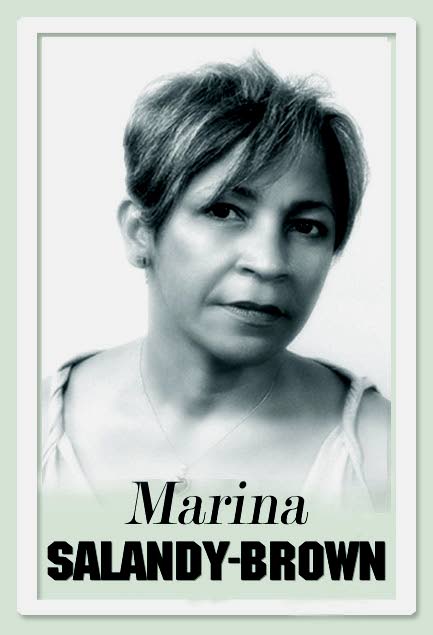Dying a good death

I said to my mother’s carer that with so much going on I couldn’t decide what to address in this weekend column.
Her very prompt suggestion was that I should write about fear.
Fear of what? The fear that covid19 engenders in us.
It surprised me, since I have felt no fear about getting the virus, although I certainly have endeavoured to avoid it, “like the plague” that it is.
I am grateful to her because I had forgotten how crippling fear can be. I remembered looking after a relative in London while her parents were abroad for a short while and I had to drive the young teenager to school. Unaccustomed to that particular morning rush-hour traffic, I got her to school late on the first day, about which her teachers complained.
Despite our efforts, the traffic was going to make her late the following morning too. About three short blocks away from the school, with the school gate within view, I told her to walk the short distance.
She burst into tears and would not get out. Why? She was afraid. Of what? She did not know.
I forced her to join a couple of classmates as they came along and she was fine. Her parents had put the “fear of God” into her about being alone in the street, probably as a controlling mechanism to protect her.
She lives an unadventurous but contented adult life.
Fear is a natural emotion, experienced in times of danger. But life is full of danger and we have to use fear or it would render us powerless. I know. Fear once turned me rigid, giving real meaning to the word "petrified."
My topic adviser’s fear was really about dying alone, which also surprised me, since I had not thought about that being a source of fear. Even after that terrible 90-second earthquake and the spiralling crime, which curtails our activities and forces many to live behind bars and peaceful people to carry guns and welcome pepper spray, thinking about death is not usually part of our daily lives, but covid19 has changed that and challenged our notion of what a good death is. It seems really to be about where, how and when.
Her idea, like so many people’s, is that a good death takes place at home, surrounded by loved ones, not alone, isolated while in quarantine.
The notion of dying surrounded by others is interesting, since dying is something we do alone, yet doing it in company is always presented as the preferred experience. The ideal is to have our loved ones help ease our souls into the beyond.
I believe, however, that death has as much to do with those we leave behind, for whom the death of a loved one is traumatic. Losing someone through violence or an accident and imagining that horror is hard for us to live with.
We want to see a body and to achieve a sense of closure. We have rituals for good reasons. We may tell ourselves that a period of mourning and nine nights of coming together in prayers is for the deceased, but it is a way of easing ourselves into a life without someone precious and lessening our sense of loss.
As much as we live different lives, we may have different deaths. Many people live alone, and choose to do so. The chance of their dying alone is a real one, even one of choice, and need not have negative connotations when reported in the press or be a source of pity.
The media have a role in framing how we relate to death by how they tell stories. Readers of these pages would have experienced my deceased fellow columnist Colin Robinson overcoming his fear of his impending death by talking to it and sharing it with us, and that style of personal journalism is much valued in some countries.
The pandemic has brought death closer to all of us, with the daily media announcements about the number of covid deaths, along with the increasing number of murders and car crashes, perhaps changing our attitude.
Maybe our sense of “home” would change, too, from being where we live to where we feel safe. Most of us cannot wait to escape from being locked down at home. Many will no longer associate home with feeling good – after lockdown-induced depression, or with feeling safe – having been subjected to abuse and violence there for an enforced period. Being in the care of medical staff in the safe environment of a hospital may seem a better alternative.
A very dear friend recently lost her husband as he walked gleefully towards her out of a hospital after receiving a blood transfusion that would ensure their sojourn at his favourite lakeside home would be super-enjoyable. A car drove up quietly but carelessly behind him, leaving her only with his happy, smiling face. He was already home and not alone. He died a good death. RIP, Hans.


Comments
"Dying a good death"